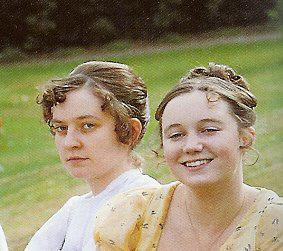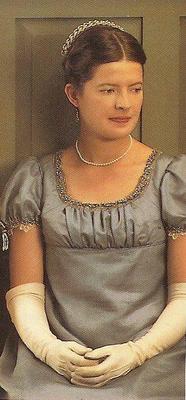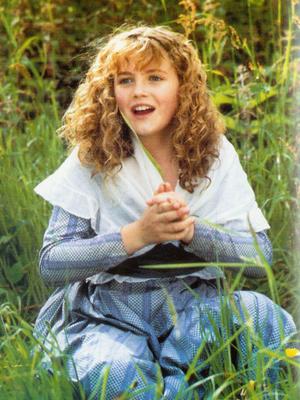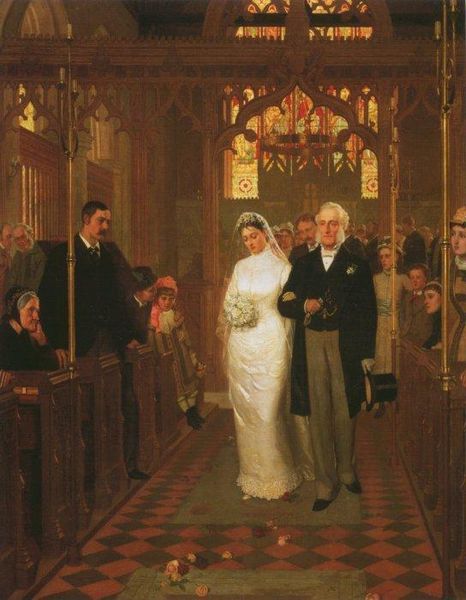I just read Quiet: The Power of Introverts in a World that Can’t Stop Talking by Susan Cain. I found a lot of it spoke to me in terms of my own experience as an introvert. With the caveat that people are unique individuals and there are many other personality traits that affect behavior, also recognizing that introversion/extroversion is a spectrum (with some in the middle who are called “ambiverts”), Cain describes the strengths and weaknesses of introverts and extroverts and suggests ways they can learn from one another and work together more effectively.
Cain talks about couples who come from different ends of the spectrum, saying they have challenges to overcome but can also find that their differences can balance each other in a good way.
I think Jane Austen had an intuitive grasp of this. Although there are many ways to look at Pride and Prejudice, the introvert/extrovert dynamic can be seen as contributing to the tension between Elizabeth and Darcy. Consider this conversation:
“Perhaps,” said Darcy, “I should have judged better had I sought an introduction; but I am ill qualified to recommend myself to strangers.”
“Shall we ask your cousin the reason of this?” said Elizabeth, still addressing Colonel Fitzwilliam.
“Shall we ask him why a man of sense and education, and who has lived in the world, is ill qualified to recommend himself to strangers?”
“I can answer your question,” said Fitzwilliam, “without applying to him. It is because he will not give himself the trouble.”
“I certainly have not the talent which some people possess,” said Darcy, “of conversing easily with those I have never seen before. I cannot catch their tone of conversation, or appear interested in their concerns, as I often see done.”
“My fingers,” said Elizabeth, “do not move over this instrument in the masterly manner which I see so many women’s do. They have not the same force or rapidity, and do not produce the same expression. But then I have always supposed it to be my own fault–because I would not take the trouble of practising. It is not that I do not believe my fingers as capable as any other woman’s of superior execution.”
Darcy smiled and said, “You are perfectly right. You have employed your time much better. No one admitted to the privilege of hearing you can think anything wanting. We neither of us perform to strangers.”
Elizabeth and the Colonel clearly don’t understand Darcy, but she does have a point in that he could try harder. And then consider this bit, as Elizabeth learns to appreciate Darcy.
She began now to comprehend that he was exactly the man who, in disposition and talents, would most suit her. His understanding and temper, though unlike her own, would have answered all her wishes. It was an union that must have been to the advantage of both; by her ease and liveliness, his mind might have been softened, his manners improved; and from his judgment, information, and knowledge of the world, she must have received benefit of greater importance.
If you’d like to know more about Quiet, check out Susan Cain’s TED Talk at http://www.ted.com/talks/lang/en/susan_cain_the_power_of_introverts.html.











